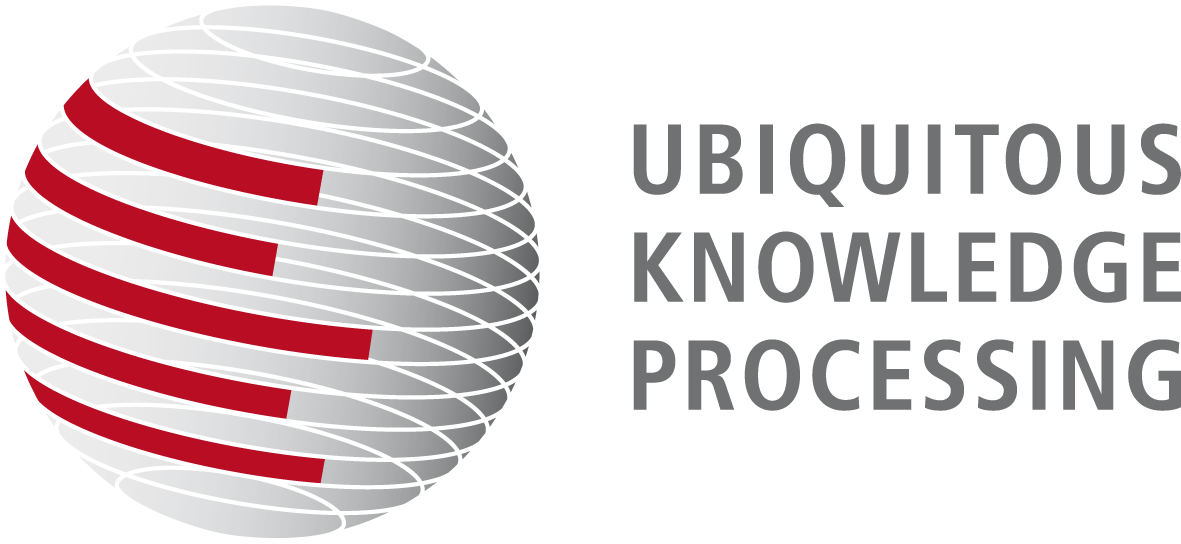LKE/KDSL Joint Talks and Reading Group
2014/05/16

On Tuesday May 20th, there will be a joint LKE/KDSL Reading Group and Talks event.
Maryam Tavakol will lead a Reading Group discussion:
S. Rendle and L. Schmidt-Thieme, “Online-Updating Regularized Kernel Matrix Factorization Models for Large-Scale Recommender Systems”, Recsys 2008: Proceeding of the 2008 ACM conference on Recommender Systems.
http://dl.acm.org/ft_gateway.cfm?id=1454047&type=pdf&CFID=458953009&CFTOKEN=58644150
This paper was chosen because:
The proposed approach in this paper discusses the problem of static model in matrix factorization methods, while they are leading in recommender system domain. The paper presents a method to update matrix factorization model, dynamically, in order to improve the prediction accuracy.
Daniela Oelke will present her work:
Title: A Study on Human-Generated Tag Structures to Inform Tag Cloud Layout
Abstract: Tag clouds are popular features on web pages, not only to support browsing but also to provide an overview over the content of the page or to summarize search retrieval results. Commonly, the arrangement of tags is based on a random layout or an alphabetic ordering of the tags. Previous research suggests to further structure the tag clouds according to semantics, typically employing cooccurrence-based relations to assess the semantic relatedness of two tags. Regarding the layout of the resulting structure, a wide variety of representations has been proposed. However, only few papers motivate their design choice or evaluate its performance from the perspective of a user, leaving it open if the approach answers the users’ expectations.
In this paper we present the results of a study in which we observed how humans structure user-generated tags of a social bookmarking system given the task that the resulting layout should provide a quick overview over a search retrieval result. We examine the participants’ layouts based on the final arrangement of tags and a detailed interview conducted after the task. Thereby, we analyze and characterize the different term relations employed as well as the higher-level structures generated. The deeper understanding of what criteria are considered important by humans can inform the design of automatic algorithms as well as future studies evaluating their performance.
Neil Dhruva will give a final internship talk on:
Automatically solving MC university entrance exams


